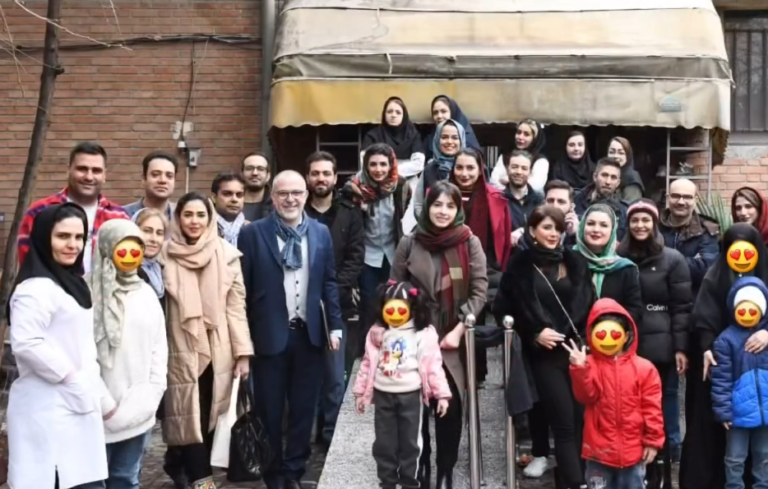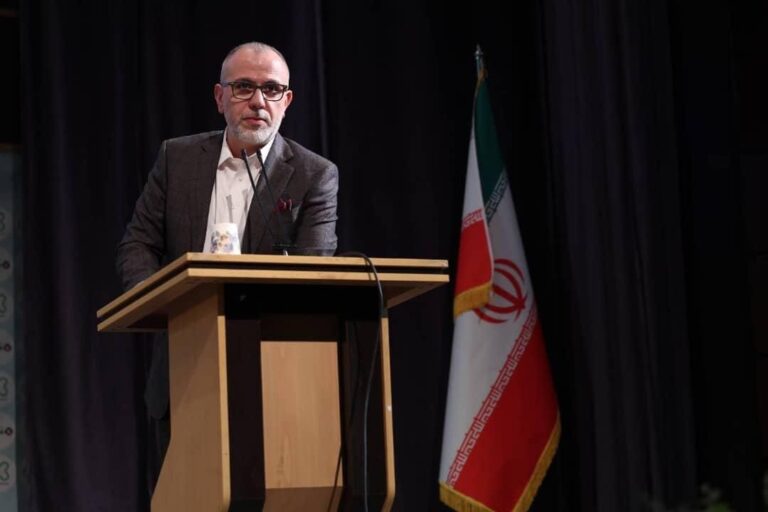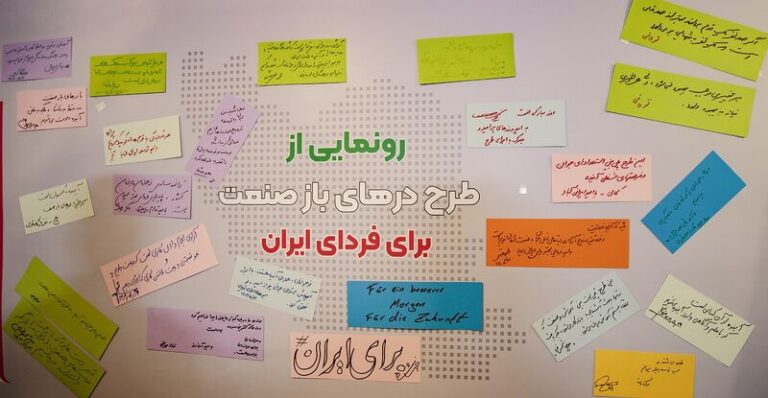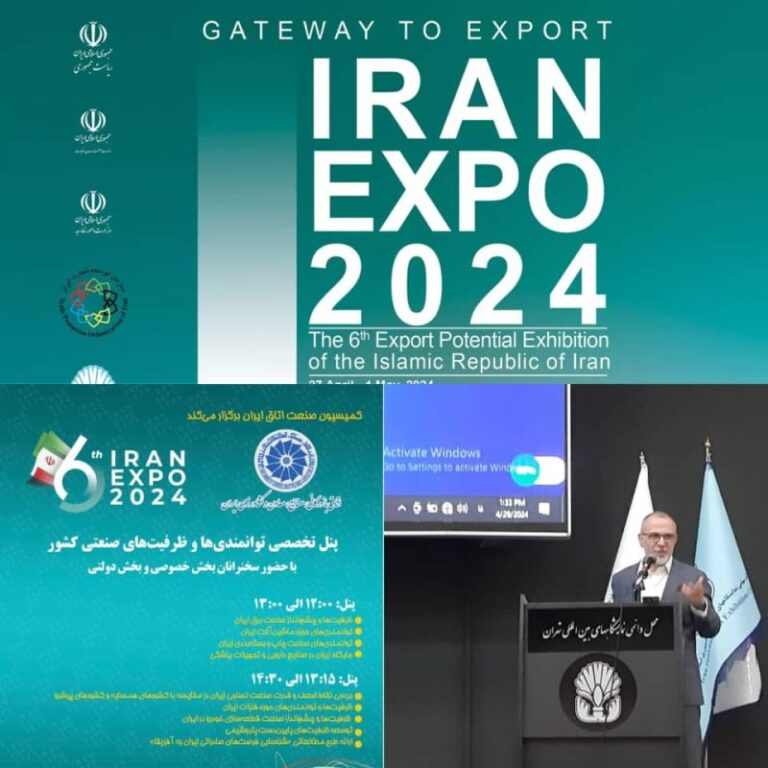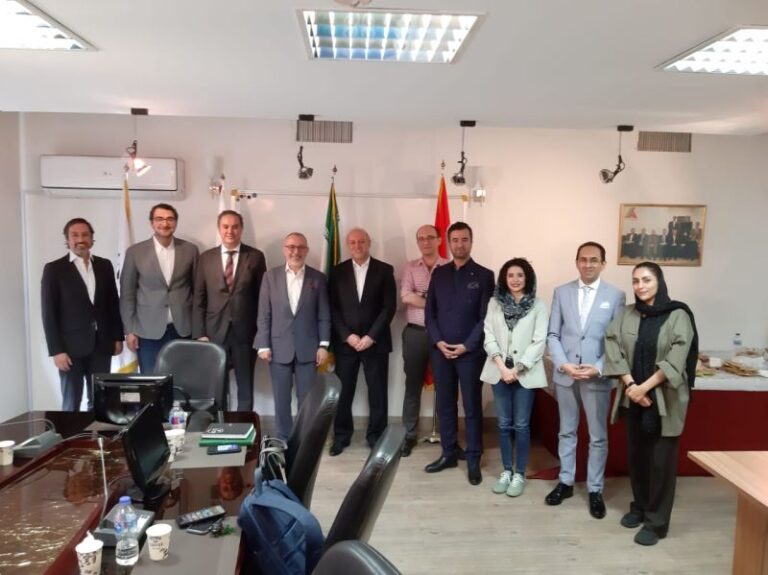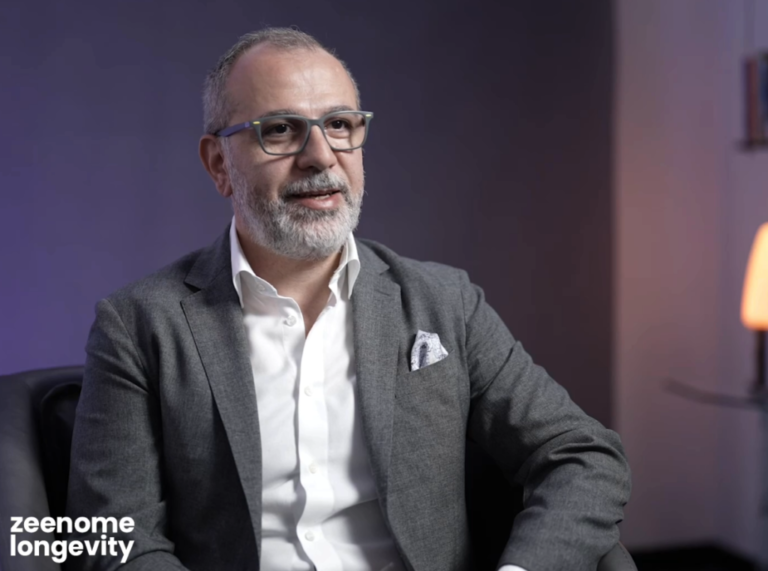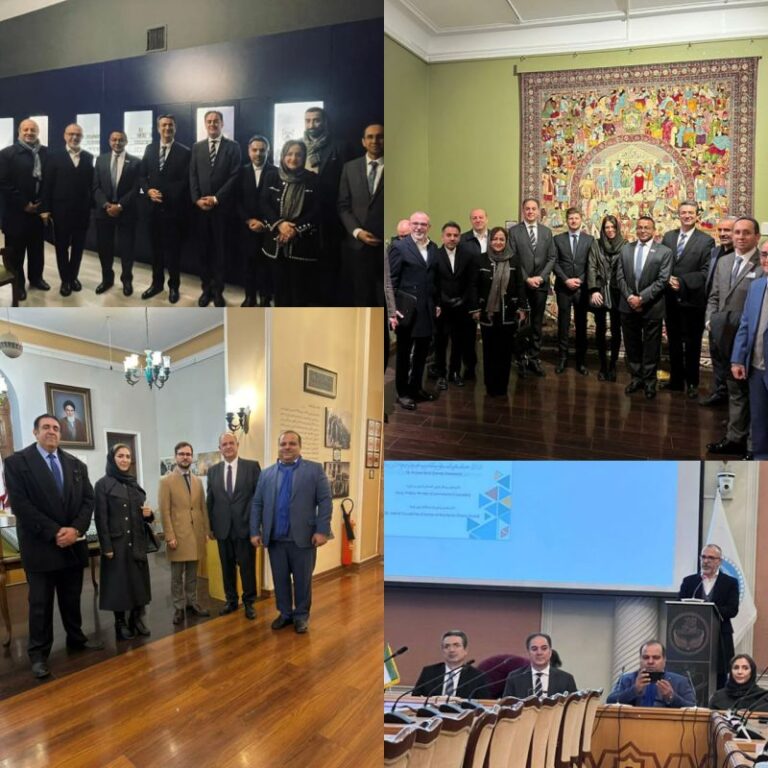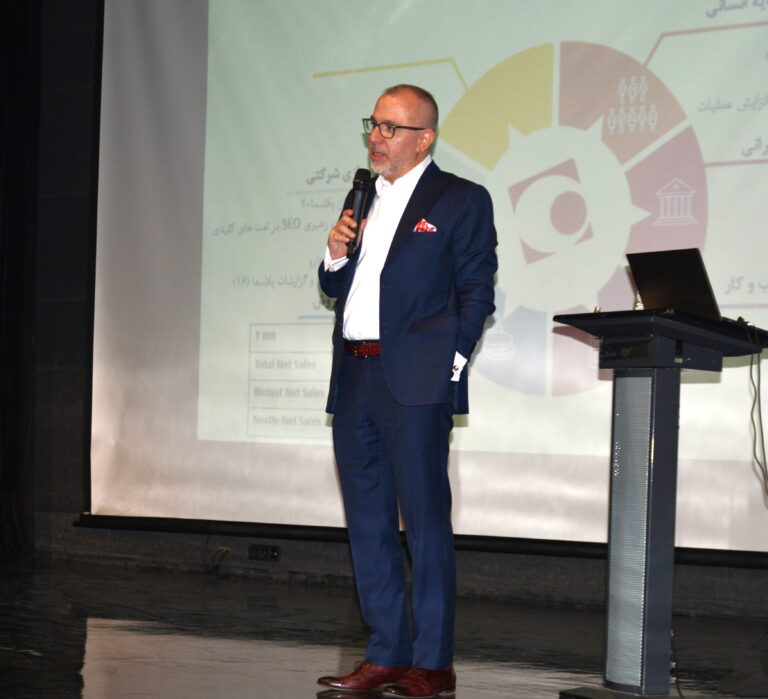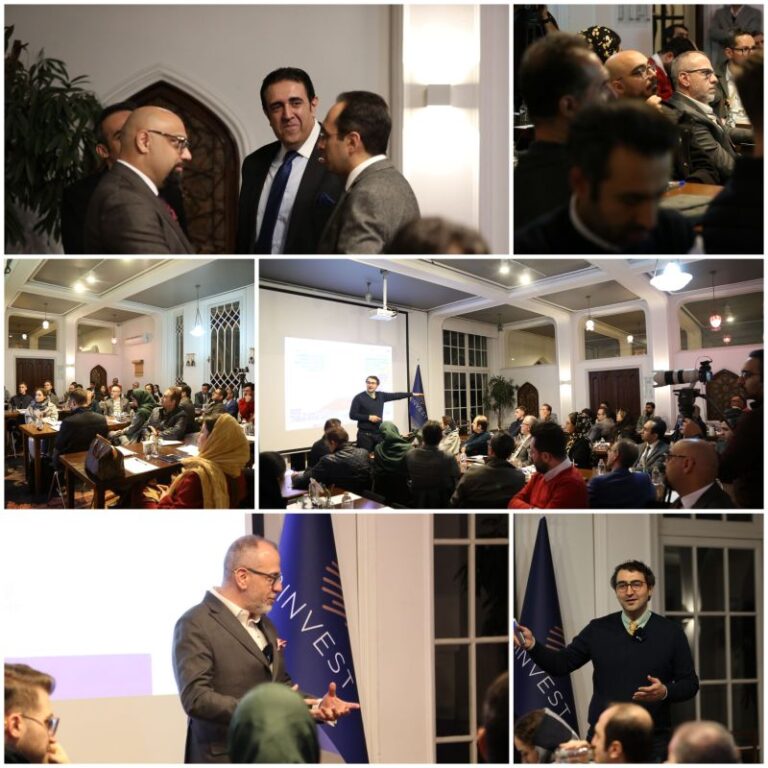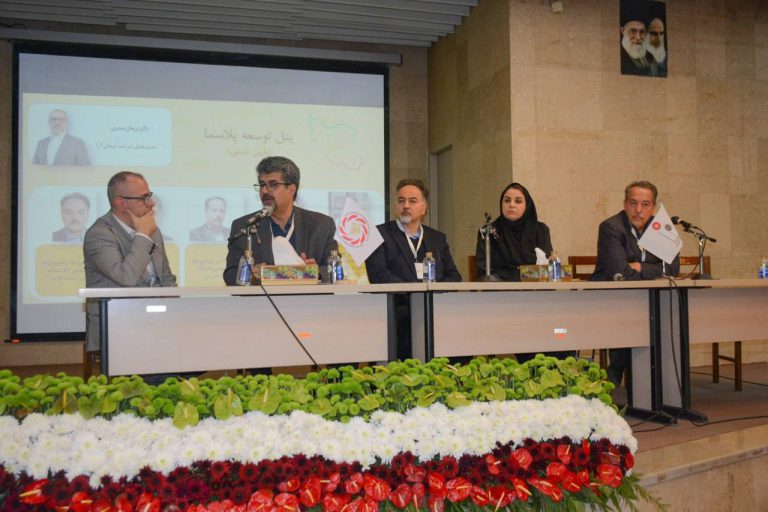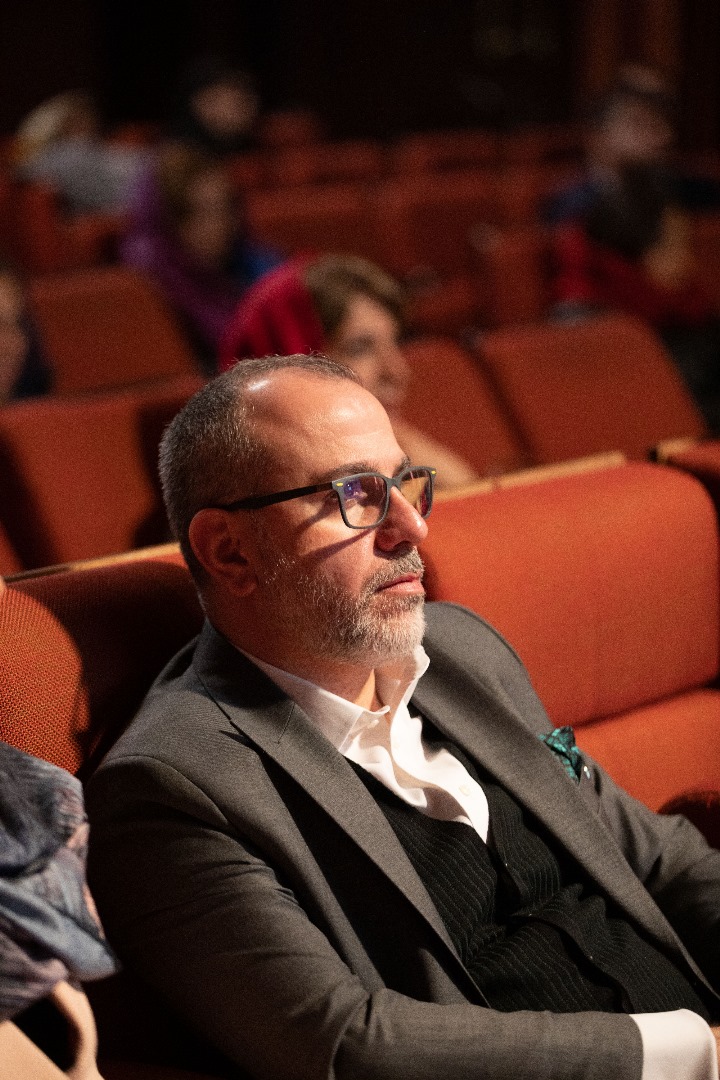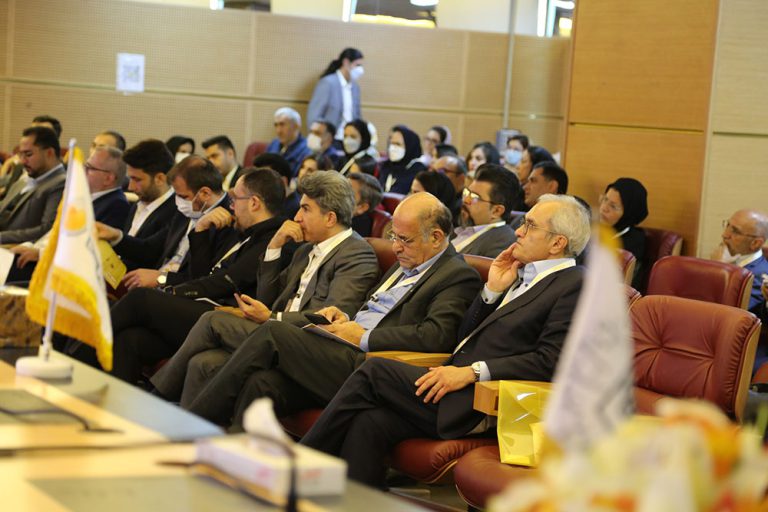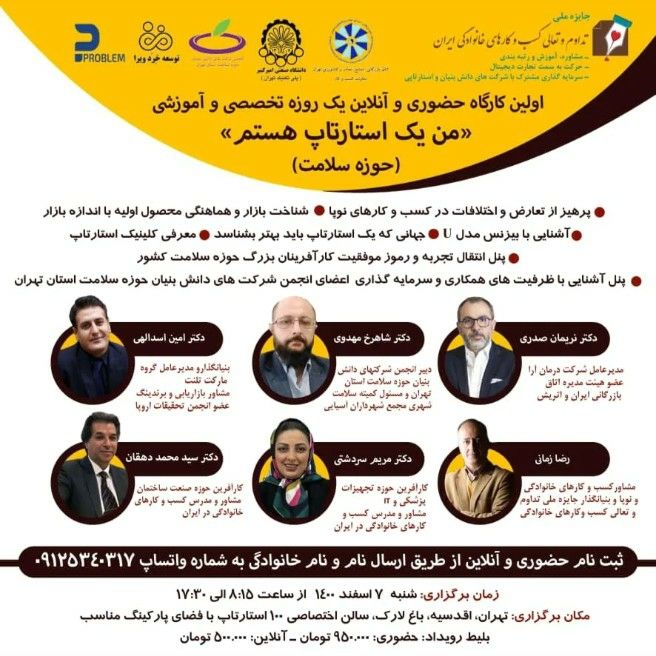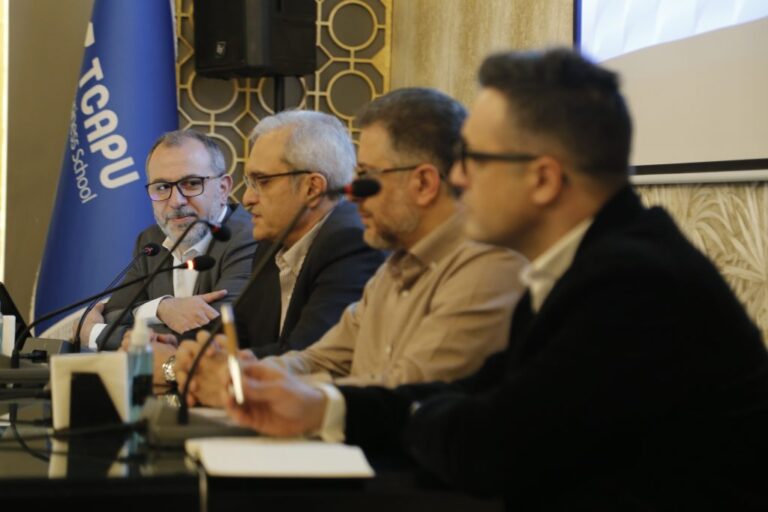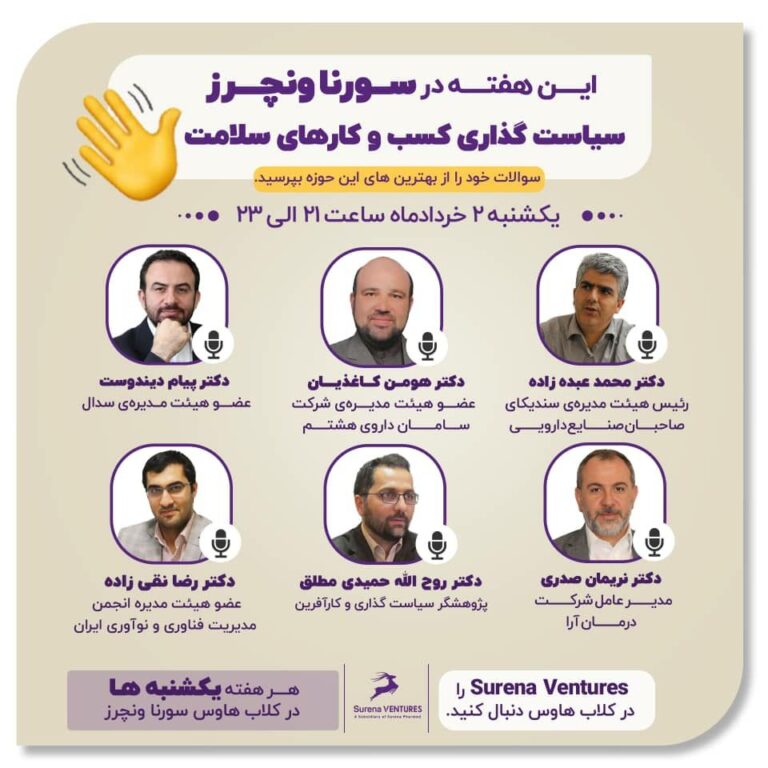For a few weeks, I was caught up with COVID-19, and the annoying coughs have still not left me. This has caused a pause in my writings.
Everywhere, there is talk of Russia’s invasion of Ukraine. I don’t know why I thought the era of such wars had come to an end. This prompted me to read a bit about the President of Russia, and from between the lines, lights shone upon me that raised dozens of new questions.
The people of Russia love their president. Putin governs over the hearts and feelings of his people in a very scientific way. Instead of the traditional Soviet espionage system, which was one of the most terrifying systems of its time, thousands of data analysts monitor the sentiments of the Russian people whether satisfaction or anger from the internet and social
media, and complex artificial intelligence algorithms recommend how Putin can remain popular while pursuing his goals at any time.
I wonder if you have read Yuval Noah Harari’s book *Homo Deus*. I personally recommend it to anyone with a curious mind to definitely read this book.
Harari predicts that our generation may be one of the last generations of Homo sapiens or wise humans, and in a century, this species will become extinct, replaced by a new kind of humans who will differ from us in their ways of feeling, thinking, and living as much as we differ from primates like chimpanzees. He believes that signs of this extinction are around us. Among the various signs mentioned in the book is one that relates to Putin’s story: the shift in power.
For centuries, wise humans have evolved in such a way that they finally managed to obtain power in many parts of the world. Tribes of wise humans concluded that they could rely on their emotions and reason to gain superior power to control their surroundings. At the beginning of their evolutionary path, wise humans viewed their source of power outside themselves for centuries; therefore, they had myths more powerful than their own reasoning and emotions through which certain groups would seize power. However, those myths remained above any king, caliph, or pope. In recent centuries, with industrial revolutions and the emergence of liberal societies, those myths were largely set aside in many parts of the world; relying on collective reason and what guarantees collective interests meant that for the first time in human evolution history, power fell into human hands.
But with the advent of the Fourth Industrial Revolution, power is slipping out of our hands and being entrusted to algorithms and artificial intelligence. We no longer dominate our own destiny through our thoughts and feelings; collective reasoning no longer exists in that sense. AI platforms understand better than we do how we think and what we feel; therefore, they can even predict or shape our future behaviors. Entrusting power to algorithms and artificial intelligence is one of the main signs of Homo sapiens’ extinction and the emergence of a new species of humans who will dominate their surroundings with a power beyond current biological capabilities.
Now let’s return to Russia’s story.
Is history linear? Did Homo sapiens first derive power from myths and then hand it over to algorithms? Or is it possible that power could be directly handed over from myths to algorithms without certain tribes among Homo sapiens ever tasting power? The nationalistic myth in Russia today has been directly entrusted to algorithms; thus, hope that the Russian people will first experience freedom and take power into their own hands during this transition is very slim.
Is Russia’s story one of the first tales among tribes of Homo sapiens that will experience a non linear transition into the new world?
It sounds like a terrifying story; however, let us remember that Homo sapiens’ competitive advantage for tens of thousands of years has been its ability to examine possible future scenarios and design solutions for them today. It is our ability to dream that has made us wise humans, and these dreams still remain for building a better world.
Let us keep dreaming together.





